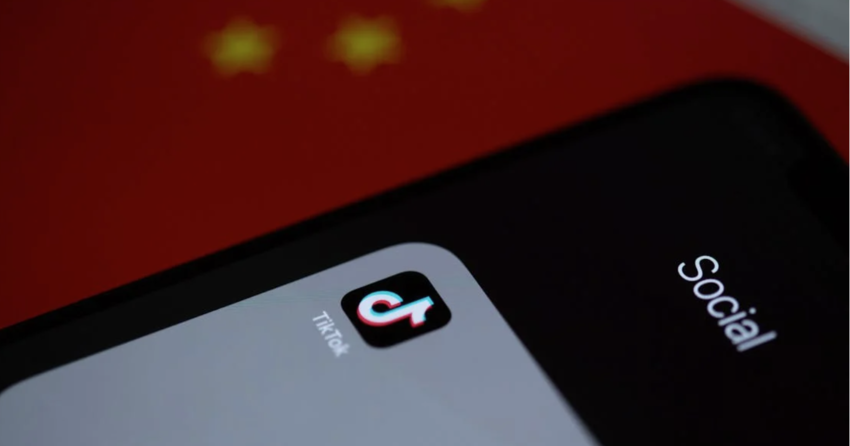
Deal With TIME Is OpenAI’s Latest on Content Licensing
TIME and OpenAI have announced a multi-year strategic partnership that includes a deal to bring TIME content to OpenAI products aimed at improving ChatGPT’s knowledge and accuracy.
The deal will give OpenAI access to TIME content, both past and present, bringing accurate and trusted content to train the various AI models OpenAI is building. While OpenAI has inked similar deals with other media outlets, this one stands out because TIME’s archives extend back 101 years.
OpenAI will ensure that any content from TIME will be properly cited in its responses to user prompts and will provide a link to Time.com when relevant. The deal will also see TIME get access to OpenAI’s technology to develop new products for its global audience of 120 million people.
The partnership will give TIME and OpenAI the opportunity to discuss the news industry’s future together, with TIME bringing more than a century of experience in a space that has seen multiple upheavals from new technologies. In turn, OpenAI will be able to leverage this input to shape its use of news.
TIME Chief Operating Officer Mark Howard says “this partnership with OpenAI advances our mission to expand access to trusted information globally as we continue to embrace innovative new ways of bringing TIME’s journalism to audiences globally.”
OpenAI is reaching deals with many publishing outlets to ensure it has access to high-quality content to train its AI models. OpenAI has already reached deals with the Financial Times, the Associated Press, LeMonde in France, Prisa Media in Spain, and Axel Springer (a German company that owns Politico and Business Insider).
Other publishers, such as the New York Times, have taken a different route on the issue of content licensing by suing OpenAI for copyright infringement.
Licensing deals of the kind signed by TIME have come under criticism. Shortly after The Atlantic announced a similar deal with OpenAI, one of its senior editors called it a “devil’s bargain”. He noted that the deals come as news publishers struggle financially and are laying off staff, partly because of disruptive big tech firms, arguing that outlets should be reticent to empower technologies that struggle with accuracy.














